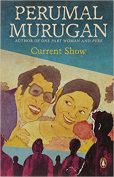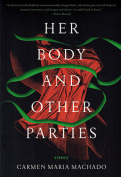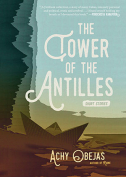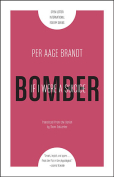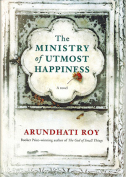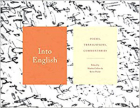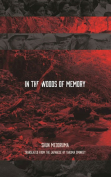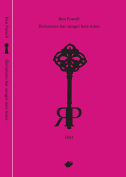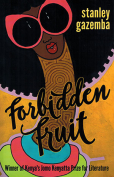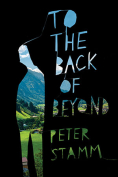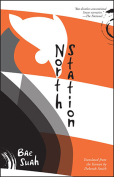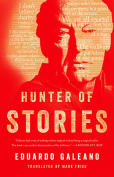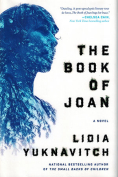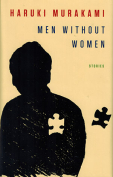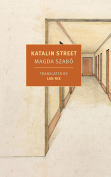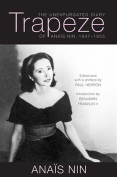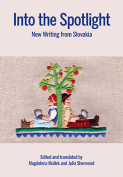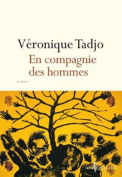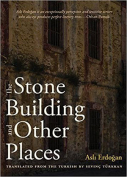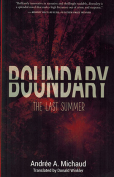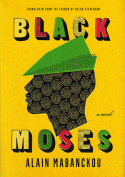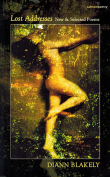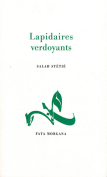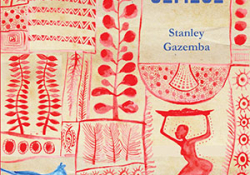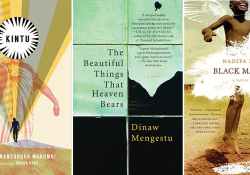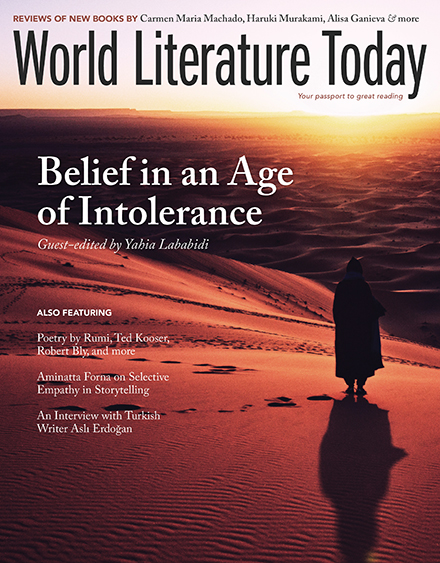Forbidden Fruit by Stanley Gazemba
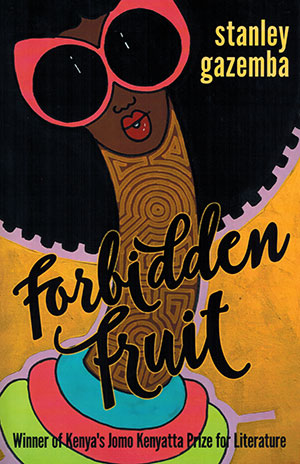 New York. The Mantle. 2017. 280 pages.
New York. The Mantle. 2017. 280 pages.
Winner of the Jomo Kenyatta Prize for Literature, this deceptively simple and straightforward novel of day-to-day life in the small village of Ivona in western Kenya draws the reader into a network of family, friendship, and work relationships to explore its central character, the farm laborer Ombima. Its slow-paced narrative reflects the villagers’ experience of time and mirrors their thought processes as they move from the physical labor of tilling Mzee Andimi’s vegetable, fruit, and tea plantation to the emotional toll of family crises.
Gazemba evokes a magical connection between the inhabitants and their physical environment. Nature determines the movement of the seasons and the quality of the harvest. “Hundreds of fireflies trafficked in the open yard. They went in unfixed circles that blurred and shifted, as if the flies were drunk with the warmth of the languid night.”
The poverty of the villagers defines their struggle to exist. Andimi’s wealth, which extends beyond land-owning to many hotels and businesses, contrasts sharply with the simplicity of life inside the thatched huts of his workers. The point of view shifts but stays within this small set of villagers. The language of the novel moves flexibly from lyrical evocations of starry nights to intimate discussions between husbands and wives, friends and enemies. The novel directly voices their sorrows, dreams, and fears. A trip to a fair in Kakamenga costs Ombima a year of savings. This close focus always opens larger questions of ethical boundaries and the dangers of transgressing.
Gazemba’s realism moves from his knowledge of the land to his understanding of the issues of social justice in every setting. Whether illustrating the back-breaking and meagerly compensated labor of the women and men, the lack of health care that results in early mortality, or the grinding shortfall between what the head of a family like Ombima wants and what he can earn, Gazemba makes clear both the lure and the consequence of forbidden acts.
Elizabeth Fifer
Center Valley, Pennsylvania

